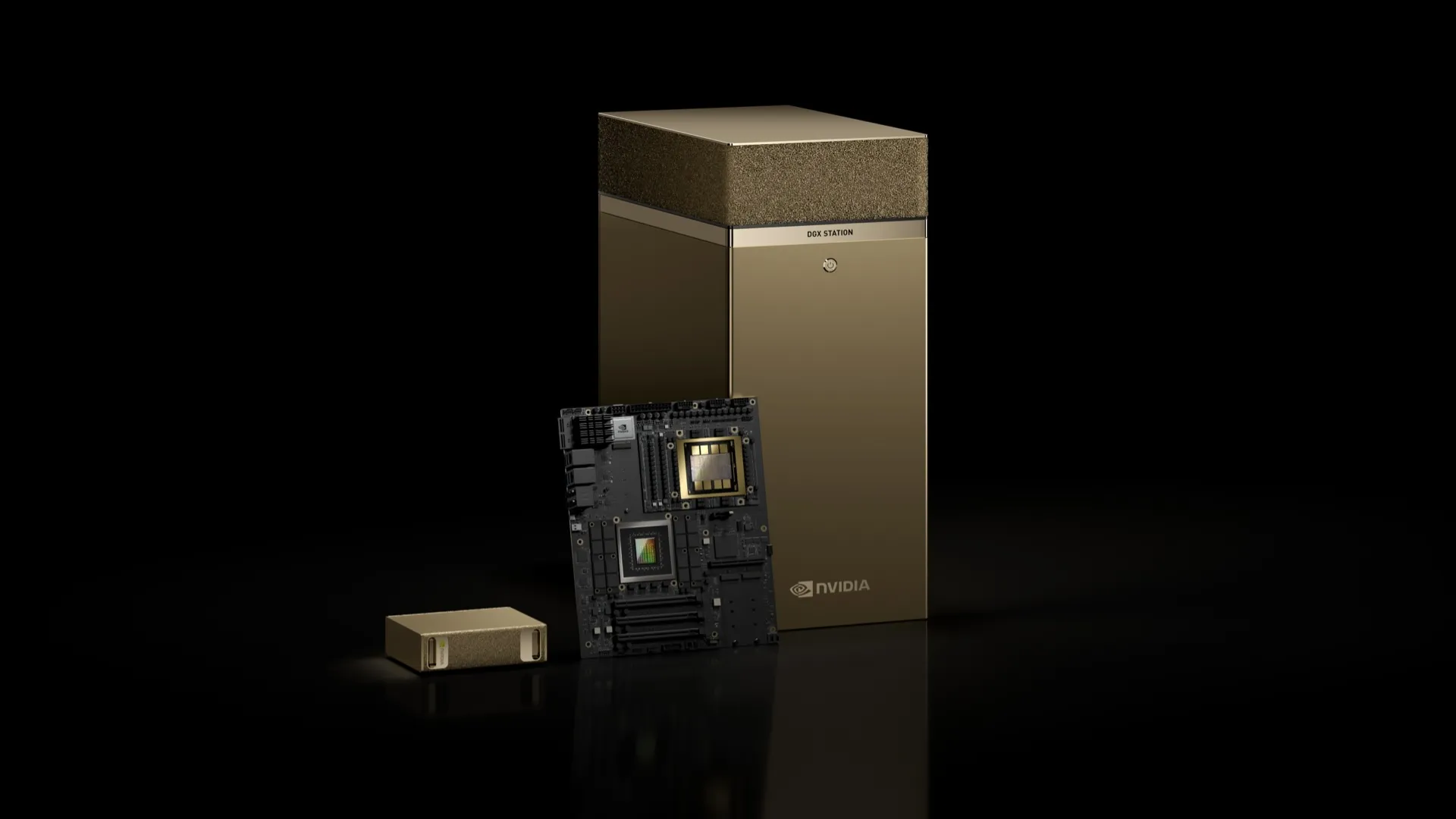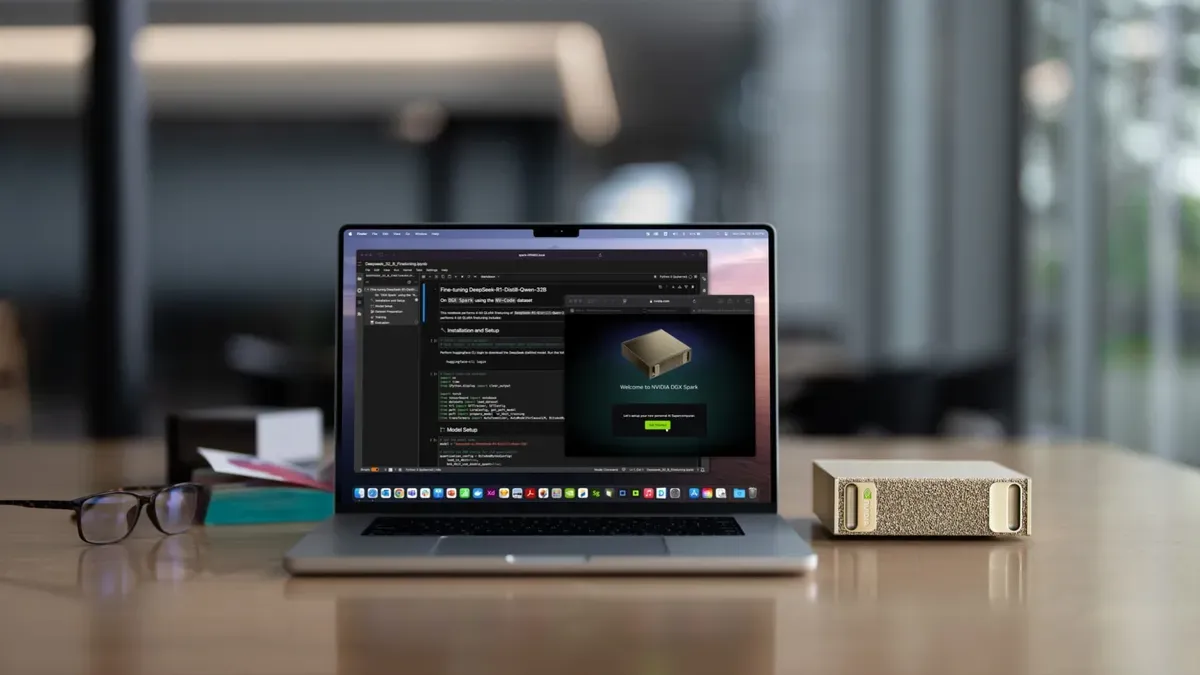The $2 Billion Escape Plan That Beijing Didn't See Coming
Meta's $2B Manus deal triggered reviews by three Chinese agencies. The 'China shedding' playbook for AI startups faces its first test.
Discover Nvidia's new DGX line, bringing unprecedented data center power to your desktop. Experience the future of supercomputing today.

Nvidia wants to put a supercomputer on your desk. The company unveiled two new personal AI powerhouses today: the compact DGX Spark and the brawnier DGX Station. Both machines pack enough computing muscle to make your gaming rig cry.
The DGX Spark, formerly known as Project DIGITS, fits supercomputer-level AI processing into a box smaller than your coffee maker. Its GB10 Grace Blackwell chip delivers 1,000 trillion operations per second. That's enough power to simulate complex physics, train robots, or calculate how many times you've postponed your gym membership.
Its bigger sibling, the DGX Station, flexes even harder. The system boasts 784GB of memory and an 800Gb/s network card. It's like having a data center's worth of computing power, minus the need for industrial cooling and a dedicated power plant.

Both machines run on Nvidia's new Grace Blackwell platform. The GB10 chip inside the Spark links its GPU and CPU with something called NVLink-C2C, delivering data five times faster than traditional connections. Think of it as a highway with no speed limits between your computer's brain and its muscle.
Global tech giants aren't sitting this one out. Dell, HP, Lenovo, and others will build their own versions of these AI powerhouses. They're betting that developers, researchers, and ambitious students want data center capabilities without the data center.
Jensen Huang, Nvidia's leather-jacket-wearing CEO, summed it up: "AI has transformed every layer of the computing stack." He believes these personal AI computers will revolutionize how developers create AI applications, from cloud services to desktop tools.
The DGX Spark opens for reservations today. The DGX Station will hit the market later this year through various manufacturers. No word on pricing yet, but if you have to ask, you probably can't afford it.
Why this matters:
Get the 5-minute Silicon Valley AI briefing, every weekday morning — free.